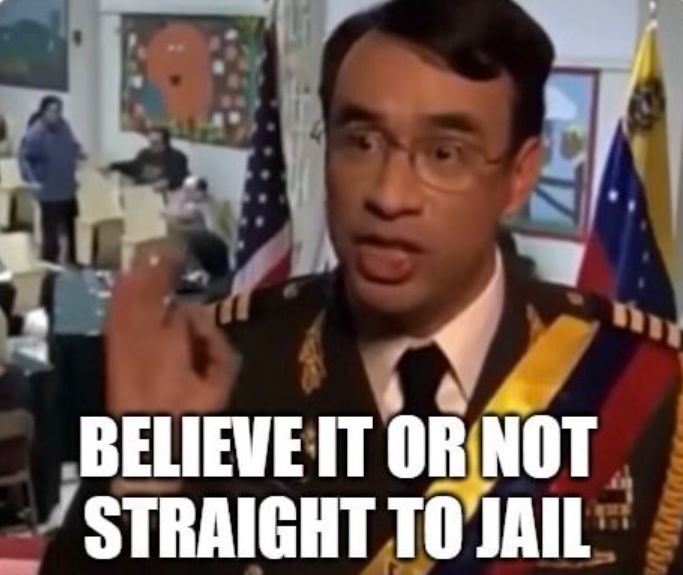I did my searching based on music/CDs since the wording is a lot more clear, but the same rules apply since were still talking about copyright infringement.
As long you’re making the copy for personal use and aren’t selling/distributing, you are fully in the clear:
- It’s okay to copy music onto special Audio CD-R’s, mini-discs, and digital tapes (because royalties have been paid on them) – but not for commercial purposes.
https://www.riaa.com/resources-learning/about-piracy/
As far as ethical, this is mostly up to you, but unless it’s from an independent artist/distributor, I personally see it as: if you were never going to be a customer to begin with, they're not losing anything. I am, however, against then reselling it yourself. Ymmv.
